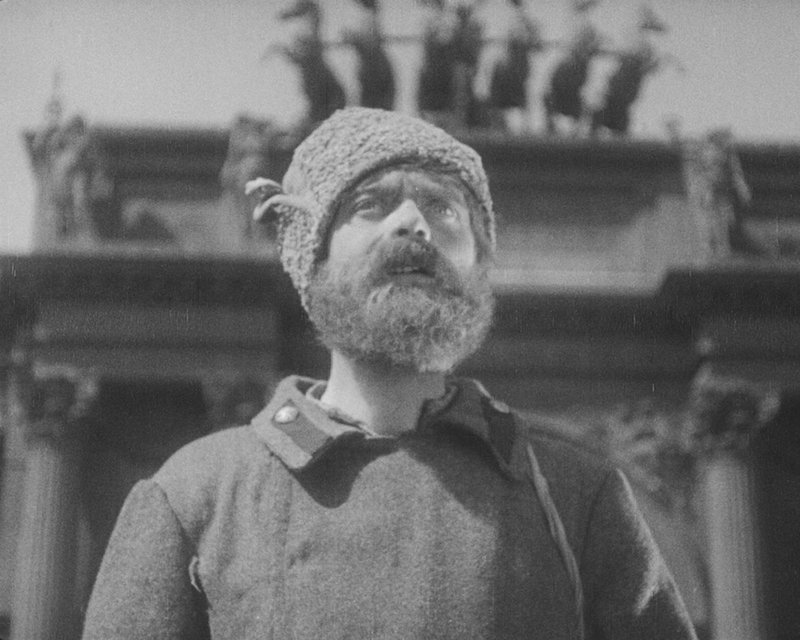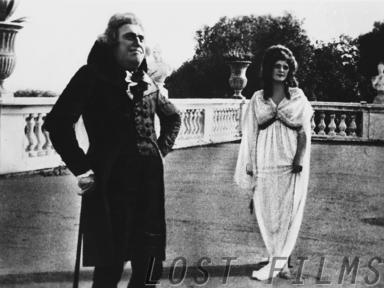WEDNESDAY OCTOBER 9th 2019
>> TICKETS PRE-SALE <<


8:30 pm - Midweek event
OBLOMOK IMPERII (Fragment of an Empire) (URSS 1929; 109’)
by Fridrikh Ermler
Original score by: Vladimir Deshevov
Performed live by: Orchestra San Marco, Pordenone
Conductor: Günter A. Buchwald
The film tells the story of Filimonov, a non-commissioned officer who has lost his memory because of shell-shock during WWI and who “awakens” ten years later. He finds himself in an unknown city (Leningrad, instead of St. Petersburg) in a new country (the USSR, instead of Russia), the factories now belong to “the people” (whatever that means), and Filimonov’s wife has a new husband.
Ermler’s intentions were to show the renewal of the country, the accomplishments of Soviet power, and the liberation and rebirth of the people, all through the eyes of a newcomer. But he had a remarkable ability to let the cat out of the bag, to turn propaganda into the most unvarnished exposure of reality.


10:30 pm - Films on Films
DER FILM IM FILM (Ein Blick hinter die Kulissen) (DE 1925; 14’)
by Friedrich Porges
DIE WUNDER DES FILMS: EIN WERKLIED VON DER ARBEIT AM KULTURFILM [The Wonders of Film: An Industrial Ode to Work in Kulturfilm] (DE 1928; 50’)
by Edgar Beyfuß
Pianoforte: Mauro Colombis
Der Film im Film was the German answer to the mid-1920s trend for behind-the-scenes and quasi-historical educational films about the technological and artistic development of cinematography. Directed by the Vienna-born journalist, screenwriter, and director Friedrich Porges (1890-1978) and promoted as a Kulturfilm, it consisted of six parts exploring the various realms of filmmaking.
Die Wunder des Films is one of several German films from the 1920s that thematized filmmaking through the re-use of existing archival footage. Dedicated to the “unknown cameraman,” Die Wunder des Films seeks to showcase the skills and techniques of film crews working “below the line” at institutions such as the Ufa-Kulturabteilung (Ufa Cultural Department) and the Institut für Kulturforschung (Institute for Cultural Research). The film is also especially valuable as a documentation of the camera women and other female crew members working widely within the film industry.
























